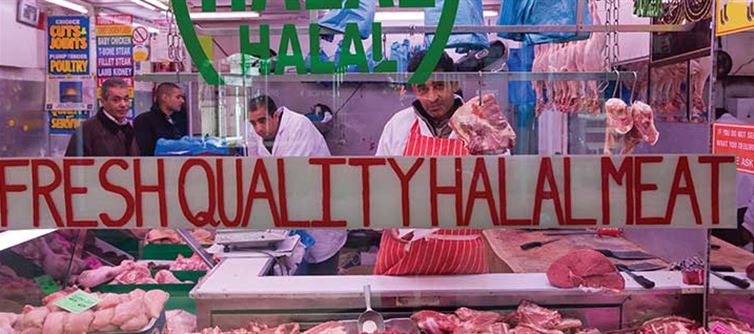
However, the potential ban has sparked strong concern among british Muslim communities, for whom halal practices are a core aspect of religious observance. The Muslim Council of britain has warned that such a move could be seen as discriminatory and could severely impact religious freedom. They suggest that restricting halal practices may alienate Muslim citizens and potentially lead to a broader cultural and social fallout — even hinting at the possibility of a "Muslim exodus" if religious rights continue to be undermined. Jewish groups have expressed similar concerns regarding kosher practices, which could also be affected by broader legislation.
Whether halal slaughter should be banned ultimately raises complex questions at the intersection of religious freedom, cultural integration, and animal welfare. Critics of a ban argue that religious slaughter methods have coexisted with UK law for decades and that modern halal practices can and often do incorporate pre-stunning methods that align with both faith and welfare standards. Advocates of the ban insist that animal welfare should take precedence over tradition. As parliament prepares to debate the issue, the decision will be closely watched not only by religious communities in the UK but also by international observers concerned with how liberal democracies navigate the balance between individual rights and collective ethical standards.




 click and follow Indiaherald WhatsApp channel
click and follow Indiaherald WhatsApp channel